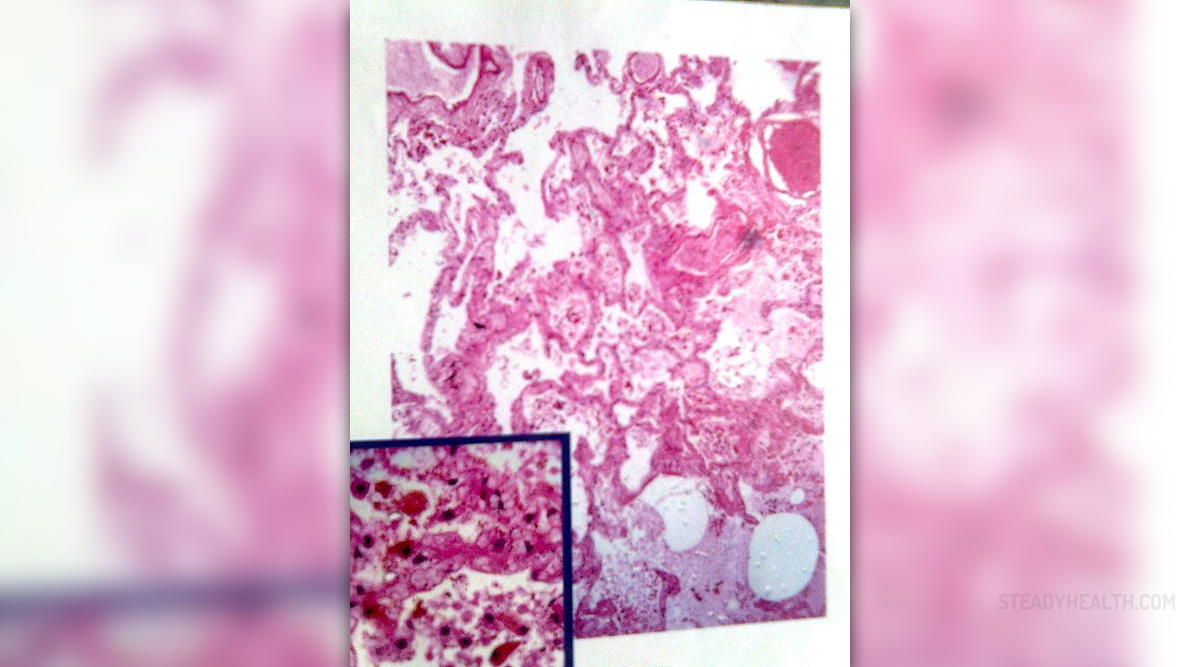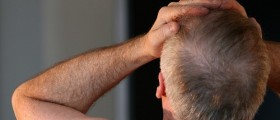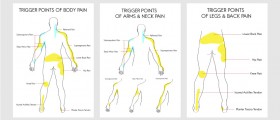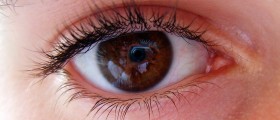
Tension headaches are sometimes caused by tension. However, in some cases exact cause of this problem remains unknown and because of that, many doctors refer to these problems as tension-type headaches.
Triggers known to contribute to development of tension-type headaches are often: some emotional factors such as stress, tiredness, anxiety or emotional tension. Physical factors are also frequently recognized as the cause of this problem. A person may experience tension type headache due to some cold, heat, bright sunlight or some noise. Poor posture while sitting behind the desk and working all day or squinting while reading are also likely to cause similar headaches in certain people, especially those genetically predisposed for tension type headaches.
What Are Chronic Tension Headaches?
Chronic tension type headaches are diagnosed in people who have these headaches at least 15 days of each month. According to the statistic data, about 50% of adult population is familiar with tension type headaches, having them infrequently (once a month or so). Some 30% of adults have infrequent tension type headaches (several times per month), while 3 of 100 adult people experience these headaches very frequently and suffer from them at least 2 weeks every month.
Although the name might suggest differently, chronic tension type headaches don’t have to be severe in all cases. Some people may have mild headaches, but these may appear almost every other day of the month. Because of the persistency many patients experience distress and feel disabled by their condition.
Sometimes, overuse of medications may also provoke headaches, very similar to chronic tension type headaches. Triptan drugs used to treat migraine headaches, taken in large doses are known to provoke tension type headaches, as well as some pain killer medications, due to the withdrawal effect.Recognize the Symptoms
Pain that patients suffering from tension type headaches are suffering from is often described as tightness around hat-band area of the head or squeezing around the head. In most cases, the pain affects both sides of the head and it can progress further, affecting the neck.
Tension type headache may be mild, moderate or severe in certain cases, lasting anywhere from half an hour up to a week. It usually starts during the day and worsens without any additional symptoms. Rarely, people may avoid bright light and noise, while some can’t eat when their head hurts.
People are usually functional with these headaches and about 2/3 of all patients experience tension type headaches for a very long period of time until they visit the doctor to consult about their problem. Although these headaches don’t interfere with normal functioning in school or at work, people often can’t perform at their best because of this condition.

















Your thoughts on this
Loading...